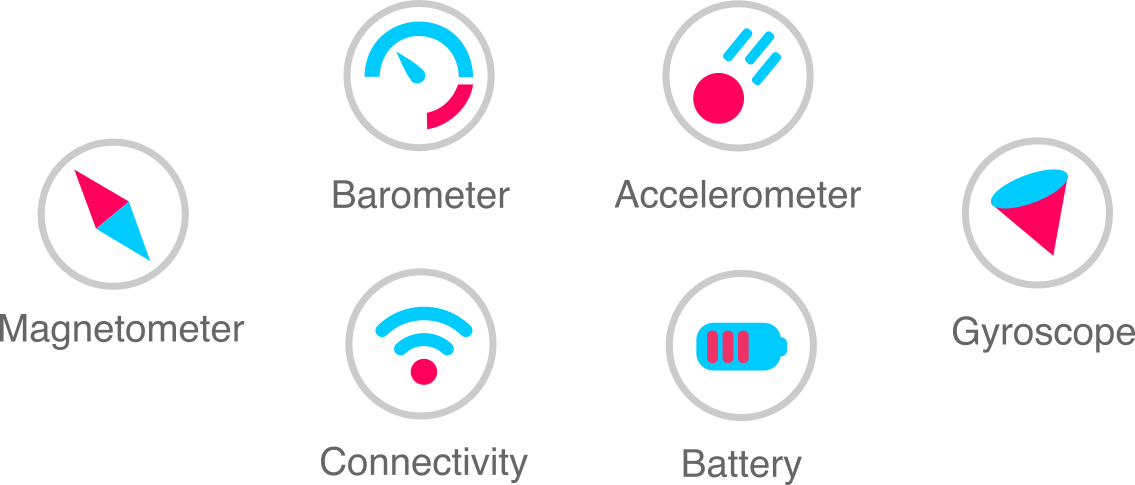Flet 1.0 Beta
Today, we're releasing Flet 1.0 Beta, published as version 0.80.0!
Flet 1.0 is a huge leap forward! Its goal is to ensure long-term growth, with an architecture designed to scale to larger projects, more users, and an expanding feature set.
- Developers can use either imperative or declarative style to write their Flet apps.
- The new documentation website based on mkdocs, generated from Flet code base and always up-to-date.
- End-to-end integration tests for all controls and examples.
- Extensions are back in Flet main repo, with combined docs and covered by tests.
- Examples are back to main Flet repo, always in sync with Flet API and covered by tests.
- flet debug CLI for debugging app on real devices and emulators.
- Build, test and release workflows are automated with GitHub Actions.
- Clean extensibility model with simplified API on Python and Flutter sides.
